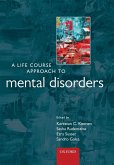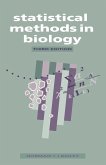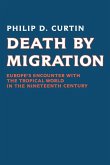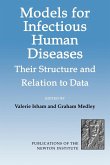Life course epidemiology is concerned with the origins of risk, resilience, and the processes of ageing, and how this information can be of value in a public health context - particularly for preventive health care. Its challenge is to discover, develop and analyse sources of data that cover many years of life, especially the early developmental period when, it is thought, some fundamental aspects of lifetime health begin. It also analyses genetic propensity and environmental exposures. The rapid development of life course epidemiology, in parallel with new work on developmental biology and the biology of ageing, has bought innovative and ingenious methods of data collection. These require new methodological techniques for the design of observational and quasi-experimental studies of life course pathways to adult health. This book describes these developments, together with arguments for improving the measurement of the social environment and its role in developing individual vulnerability or adaptation. The development of bio-bank large-scale population studies for the investigation of genetic effects is discussed, alongside the challenges this creates for the epidemiologist. The changing design of studies, increasing flow of longitudinal data, management of data, analytic challenges, timing, and both traditional and more recent methods of managing these features in the study of causality, are discussed. Life course epidemiology has an essential role in developing methods to evaluate precisely the impact of interacting developmental, environmental, and genetic effects, knowledge of which is fundamental for the design of effective prevention strategies in public health, as well as for the advancement of understanding in the broader spheres of health and medicine.
Hinweis: Dieser Artikel kann nur an eine deutsche Lieferadresse ausgeliefert werden.
Hinweis: Dieser Artikel kann nur an eine deutsche Lieferadresse ausgeliefert werden.








